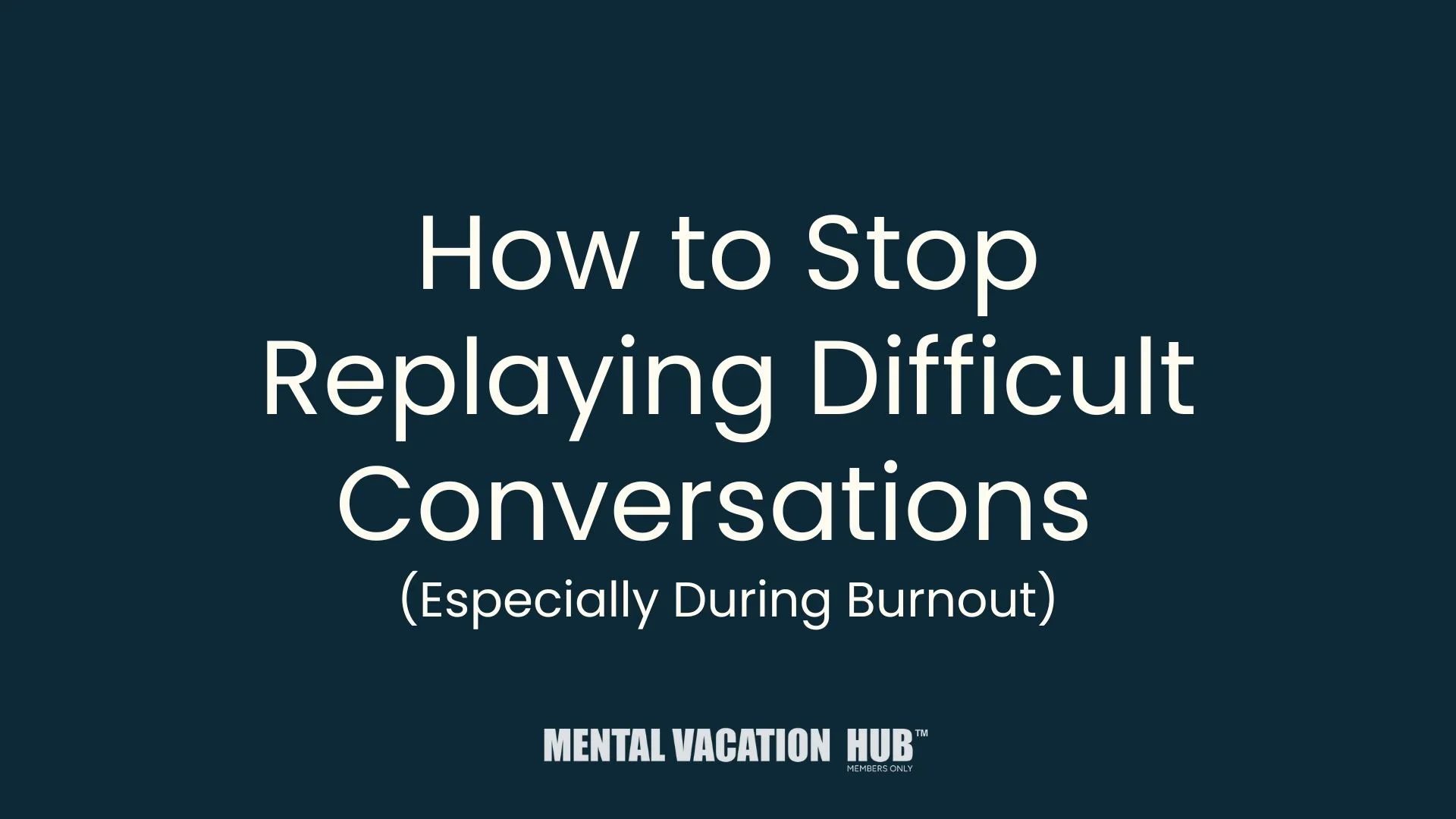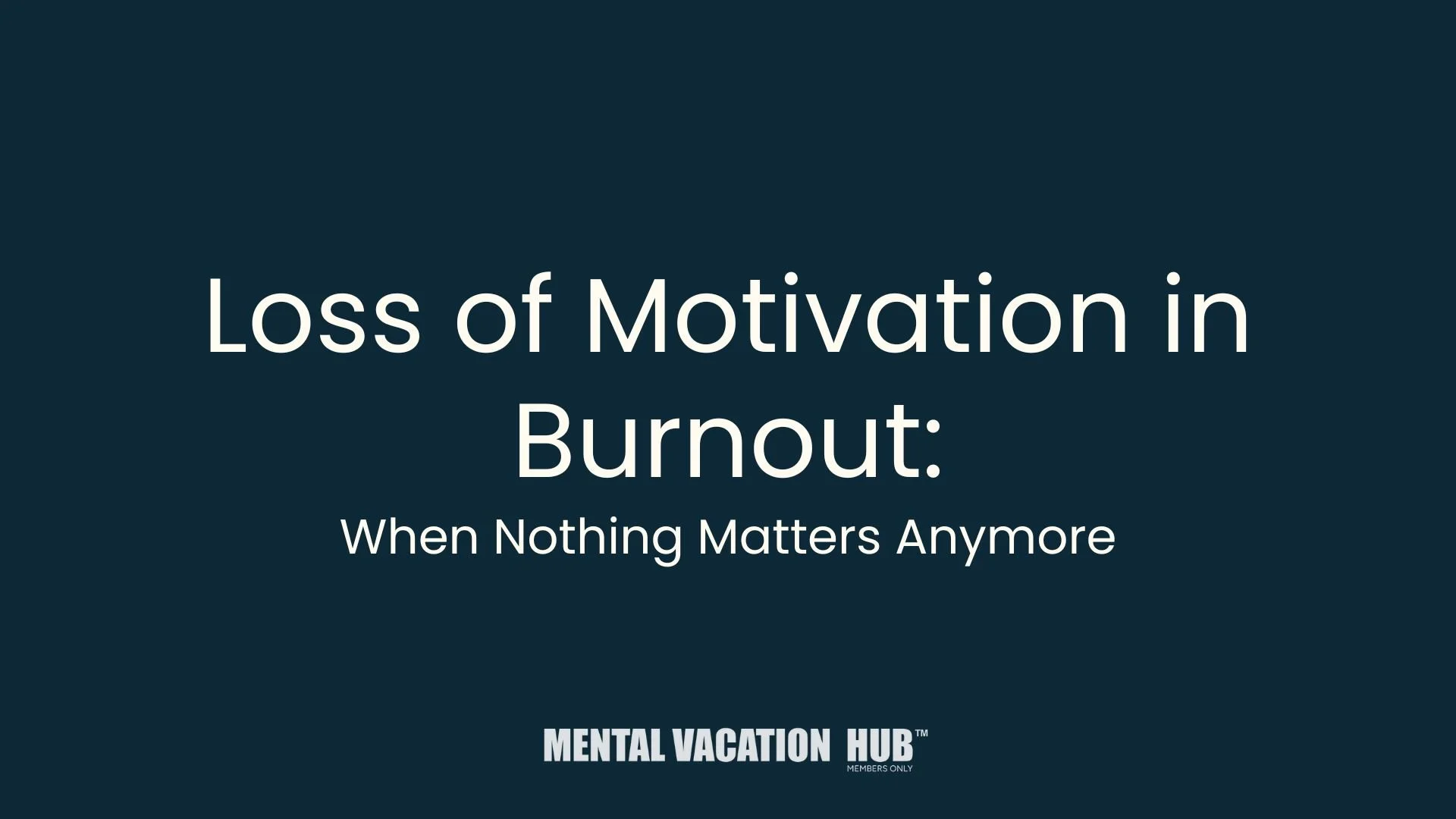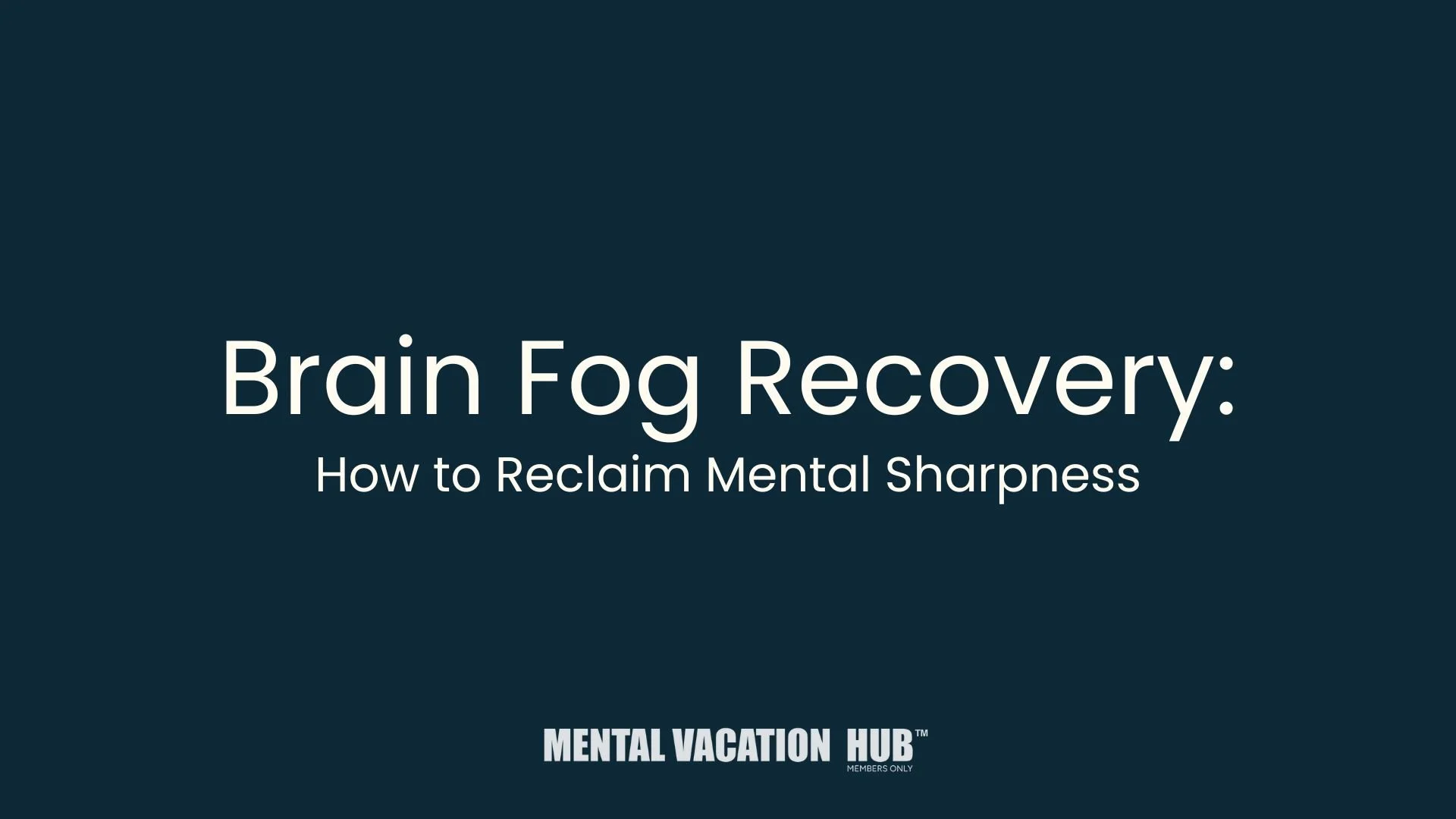Does Burnout Lower Your IQ?
Many high achievers notice something unsettling when burnout sets in: their brain no longer feels like their own.
Complex tasks that once felt effortless suddenly feel heavy. Concentration slips, memory stutters, and decisions take longer. Some even fear they are losing intelligence itself.
The question arises: can burnout really lower your IQ? The answer is yes, at least in the way IQ is measured.
And the science behind it is clear.
What science tells us
A large systematic review and meta-analysis from 2021 looked at more than 700 people with clinical burnout compared to healthy controls.
The researchers found consistent impairments in episodic memory, working memory, executive function, attention, processing speed, and verbal fluency. In other words, the very skills IQ tests rely on.
Interestingly, crystallized intelligence, such as vocabulary and general knowledge, remained intact, but fluid problem-solving ability was clearly diminished (Gavelin et al., 2021).
Other studies support this.
Workers with burnout symptoms show slower reaction times and reduced processing speed even before they meet clinical criteria (Potter et al., 2021). Reviews confirm that executive functions, memory, and attention are the areas most affected (Koutsimani et al., 2022).
Underlying these cognitive changes are physiological ones.
Chronic stress elevates cortisol, which alters the prefrontal cortex and hippocampus. These brain regions govern working memory, focus, and learning. Neuroimaging shows actual reductions in gray matter volume when stress is prolonged (de Souza-Talarico et al., 2011; Khammissa et al., 2022).
The conclusion: burnout can make you test lower on IQ assessments, not because you are less intelligent, but because the brain is functioning under strain.
The lived experience of cognitive decline
For those in burnout, these findings feel familiar.
You may reread the same email five times before it makes sense. You may lose words mid-conversation or forget why you opened a document. These lapses are not imagined. They are reflections of measurable cognitive load.
What is important to remember is that this is not permanent damage.
Intelligence is not gone; it is temporarily inaccessible.
Reversibility and recovery
The encouraging news is that these effects are largely reversible.
Neuroplasticity allows the brain to recover and rebuild pathways once stress is reduced. Research shows that with time, rest, and targeted interventions, people regain clarity and speed.
This means the IQ dip during burnout is not a life sentence.
It is a signal that your brain needs repair.
What a relief :)
How to restore cognitive sharpness
Recovery is best approached like rehabilitation.
You would not expect a sprained muscle to carry heavy weight until it has healed.
Likewise, your brain requires phased rebuilding.
Repair the stress system
Prioritize 7 to 9 hours of consistent sleep.
Short naps can help rebalance cortisol. Incorporate breathing practices or meditation to downregulate the nervous system.
Gentle physical activity, such as walking or yoga, increases blood flow to the brain without overwhelming it.
Feed the brain
Nutrition directly supports cognition.
Omega-3 fatty acids repair neural membranes. B vitamins and magnesium regulate neurotransmitters. Protein at each meal supplies amino acids for dopamine and serotonin.
Even mild dehydration reduces focus by up to 15 percent.
Cognitive rehabilitation
Create small daily wins.
A short checklist of completed tasks provides dopamine and retrains focus. Add gentle novelty such as reading outside your field or trying a new walking route.
Gradually introduce puzzles, professional reading, or strategic games to rebuild working memory.
Optimize environment
Predictable routines calm the nervous system.
Reduce multitasking and digital distractions. Practice monotasking to strengthen attention. Spend at least twenty minutes outdoors each day.
Studies confirm that nature improves executive functioning.
Social and emotional support
Do not recover in isolation.
Talking openly with a trusted person reduces mental load. Positive emotions such as laughter and gratitude journaling increase neuroplasticity and support healing.
Professional help
Cognitive behavioral therapy is effective in breaking cycles of stress thinking.
A medical check may reveal thyroid issues, anemia, or deficiencies that worsen cognitive symptoms.
Redefining intelligence through burnout
Science shows that burnout lowers measurable IQ, but it also shows that intelligence is not destroyed.
For many, recovery brings a new dimension of intelligence: not just processing speed, but wisdom, balance, and the ability to recognize limits.
High achievers often equate intelligence with constant performance. Burnout reframes it as something more sustainable.
Intelligence is also knowing when to pause, when to recover, and how to design a life where clarity can thrive.
Final note
Yes, burnout can lower your IQ in the short term.
Memory, focus, and processing speed all take a measurable hit. But the science is equally clear that recovery is possible. With rest, nourishment, and structured support, your natural sharpness returns.
Often, it returns stronger because you have learned to work with your brain rather than against it. If you are in the fog of burnout right now, remember this: your intelligence has not left you.
It is waiting behind the stress, ready to reemerge when you allow yourself the luxury of healing.
You May Also Like:
Ready to recover? Get Your Burnout SOS Handbook:

Burnout SOS Handbook: Practical steps to understand, survive, and recover from your burnout. Easy to follow - just right for a brain-fogged head. Start your healing today!
Take the Burnout Test
Our 5-minute Burnout Test cuts through the confusion and gives you a personalized snapshot of where you stand and what comes next.
Start the test →




